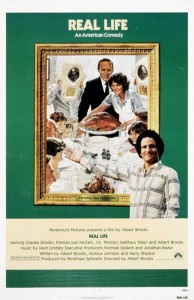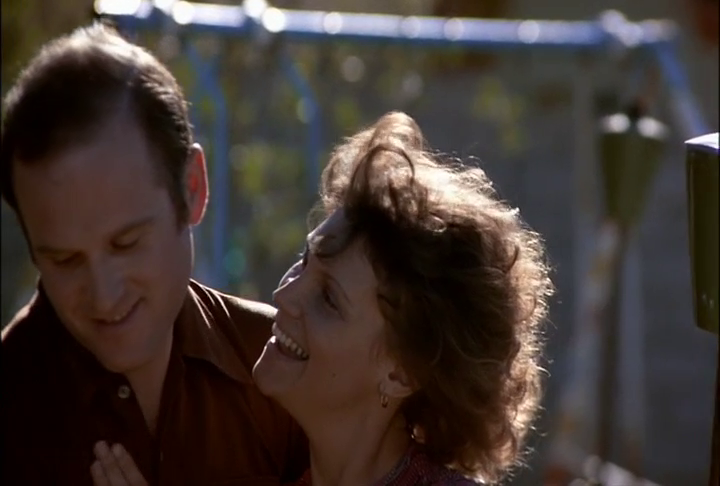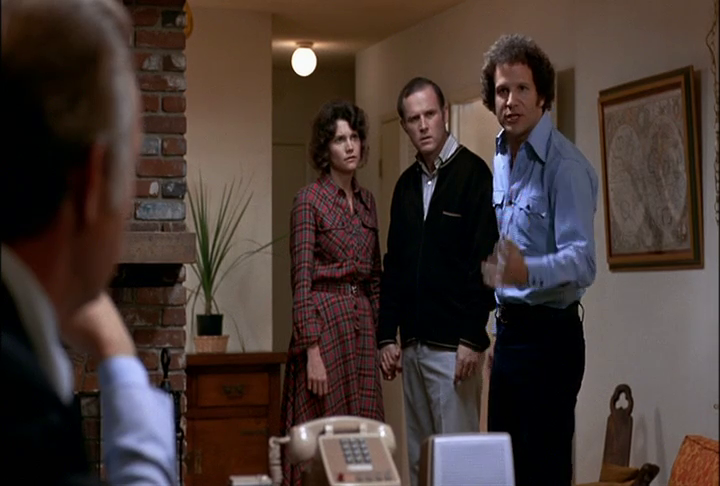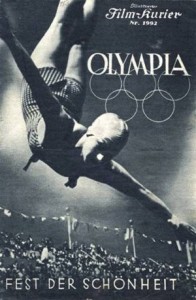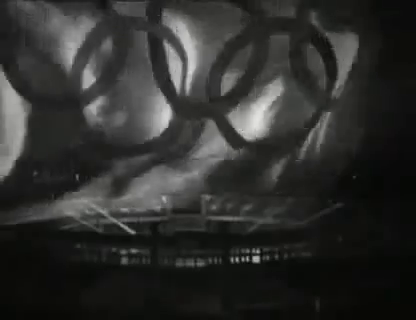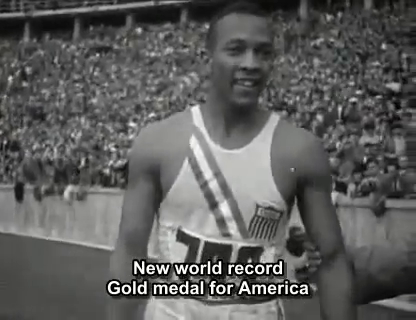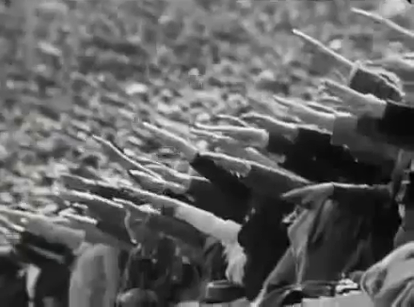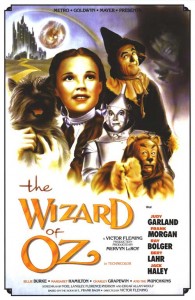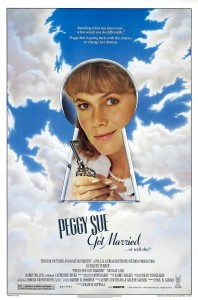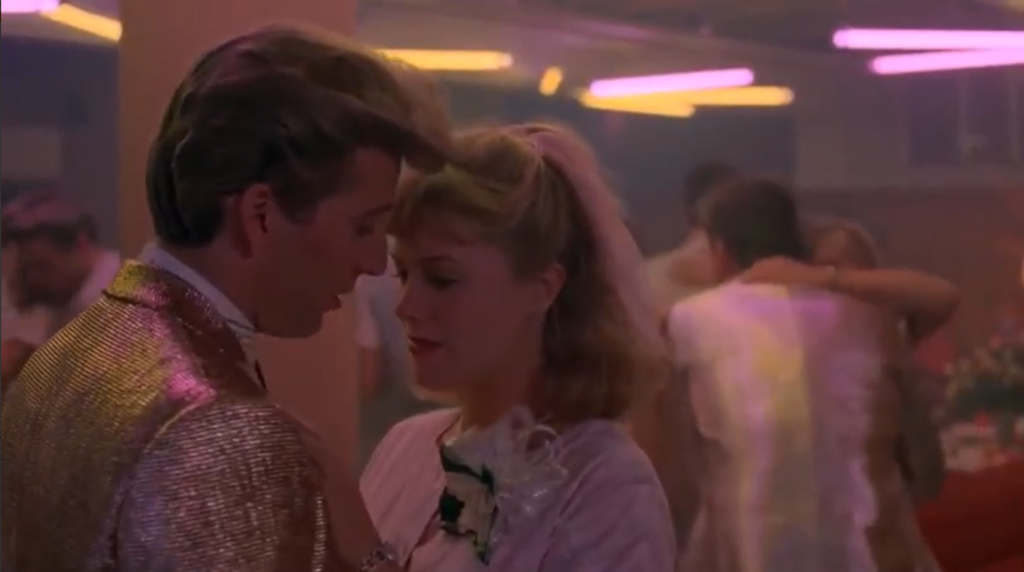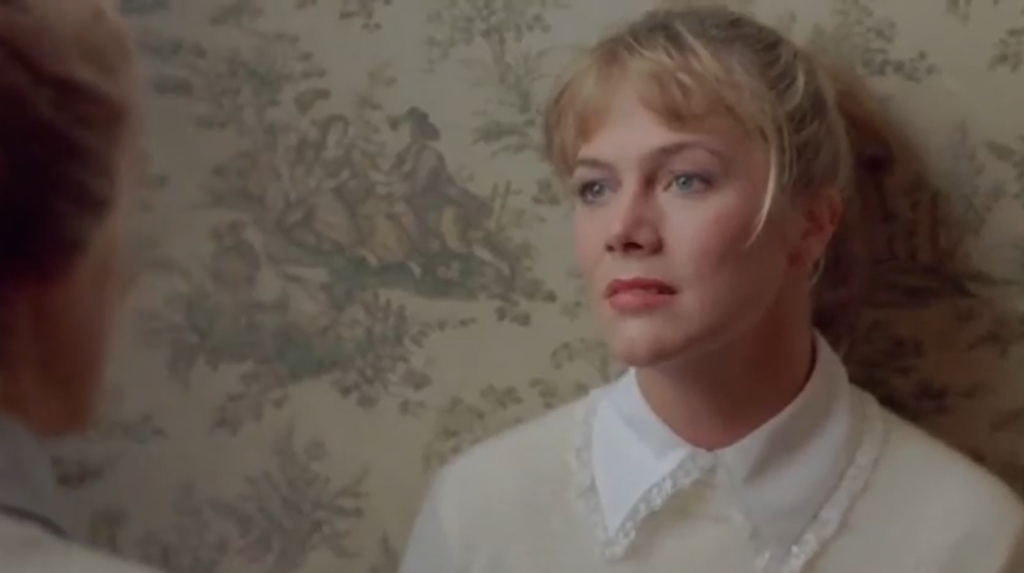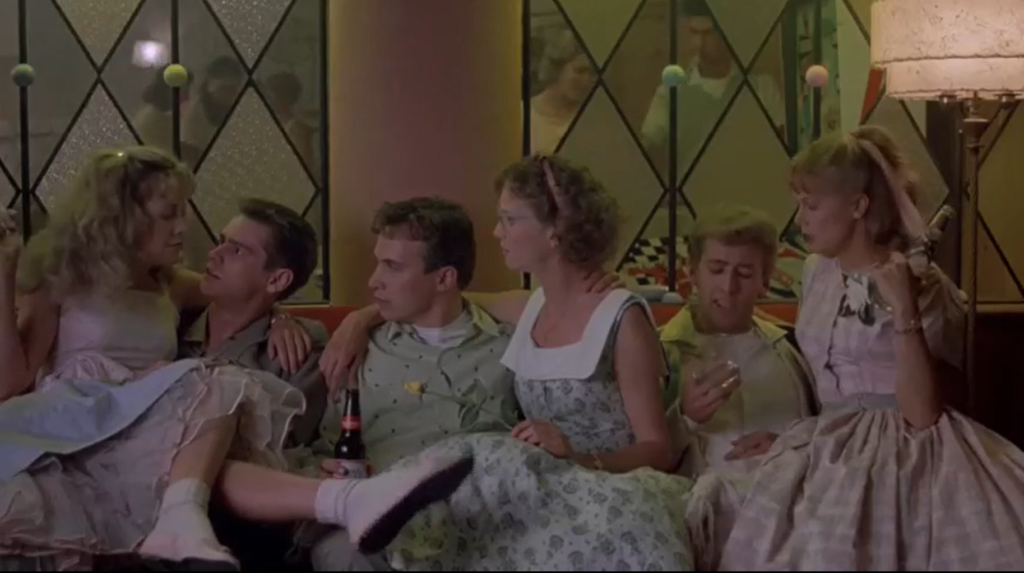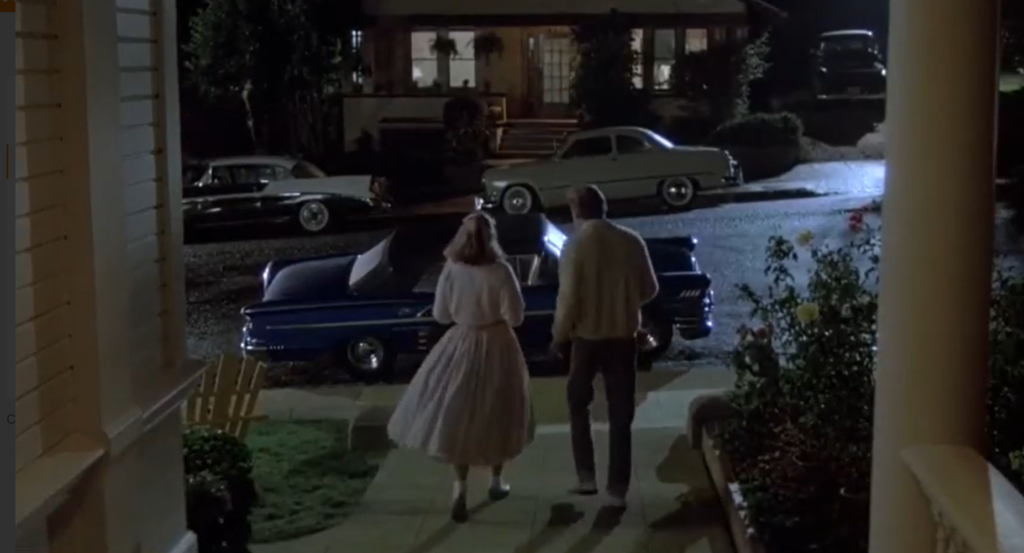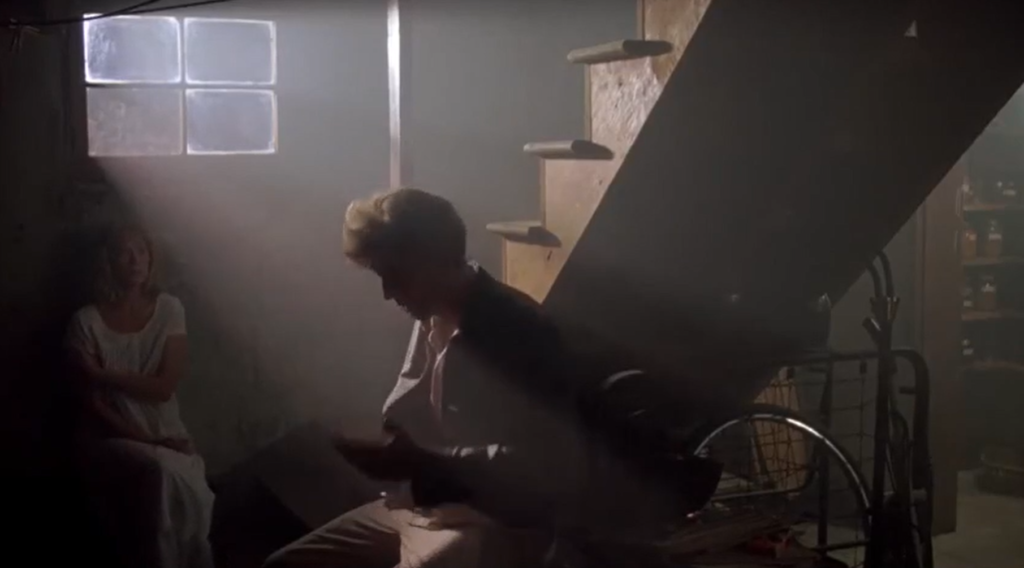|
Genres, Themes, Actors, and Directors:
- Coming-of-Age
- Fantasy
- Frank Morgan Films
- Judy Garland Films
- Musicals
- Victor Fleming Films
- Witches, Wizards, and Magicians
Response to Peary’s Review:
One of the all-time great cinematic fantasies, The Wizard of Oz (a cult favorite) has become a part of our collective consciousness; as Peary notes, “The effect this Hollywood classic has had on Americans cannot be overestimated.” It’s a rare children’s film which holds equal appeal for adults — indeed, adults will enjoy it on a completely different level — and bears multiple, repeat viewings. In addition to the stunning Technicolor cinematography, creative set designs, clever special effects, and classic songs, the acting in Oz is top-notch: watch young Garland’s face as she reacts to the characters around her; she’s genuinely scared or delighted or angry, not merely pretending to be. Margaret Hamilton earns instant kudos in dual performances as both Miss Gulch (who represents every unreasonable, child-hating adult we’ve ever known) and the Wicked Witch (poor Hamilton had the perfect features for this role). Equally enjoyable are Bolger (what a dancer!), Lahr (what facial expressions!), and Haley as Dorothy’s friends; their camaraderie together never seems forced.
Rewatching Oz for the first time recently as an adult, I was struck by how skillfully the filmmakers managed to blend comedy (as when Professor Marvel convinces the naive Dorothy that he knows all about her life back on the farm), terror (the over-sized hourglass in the witch’s castle still fills me with anxious fear), and surrealism (what in the heck is a Lollipop Guild?!) into a colorful musical. The narrative never lags, moving smoothly from one phase of Dorothy’s journey to the next — and, even when we think the denouement has arrived (Dorothy and her friends successfully snag the witch’s broomstick and bring it to the Wizard), there’s more to (over)come.
While some have argued that it’s overrated, and Peary asserts that the film’s “There’s no place like home” theme “is nonsense”, there’s more going on here than meets the eye. As noted so succinctly in Time Out’s review, Oz “exposes our childhood anxieties about abandonment and powerlessness and brings to light the tension between the repressive comforts of home and the liberating terrors of the unknown marking all our adult lives.” After her successful venture into the strange, magical, terrible land of Oz, Dorothy ultimately learns that she’s in control of her own destiny — no small feat for a young girl (or boy) coming of age.
Redeeming Qualities and Moments:
- Judy Garland’s sensitive, heartfelt portrayal as Dorothy (Peary nominates her for an Alternate Oscar as best actress of the year)

- Ray Bolger as Dorothy’s first friend in Oz, the Scarecrow
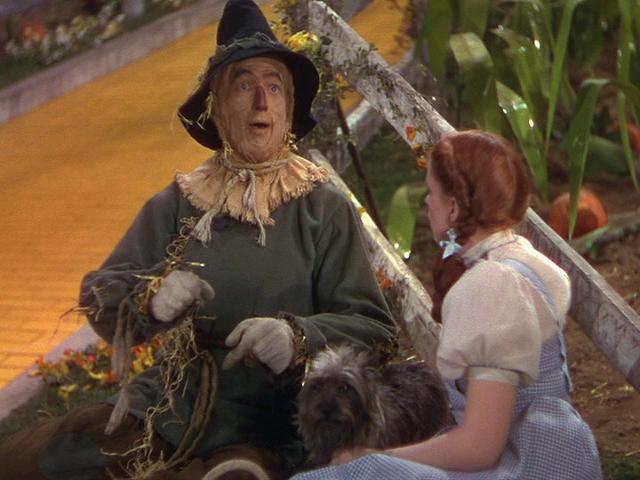
- Burt Lahr as the Cowardly Lion
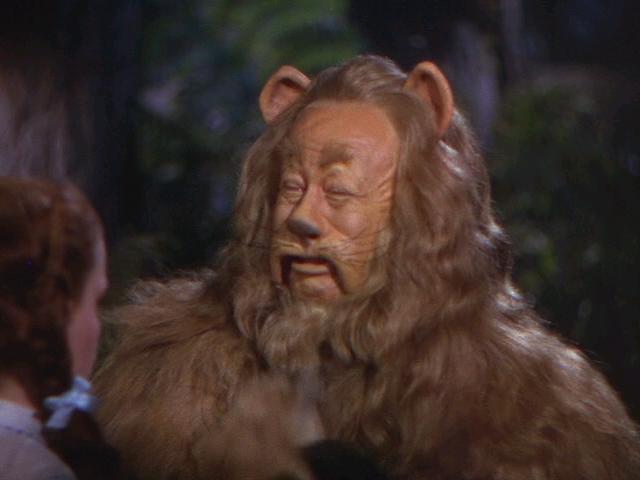
- Jack Haley as the Tin Man

- Margaret Hamilton as Miss Gulch and the Wicked Witch of the West
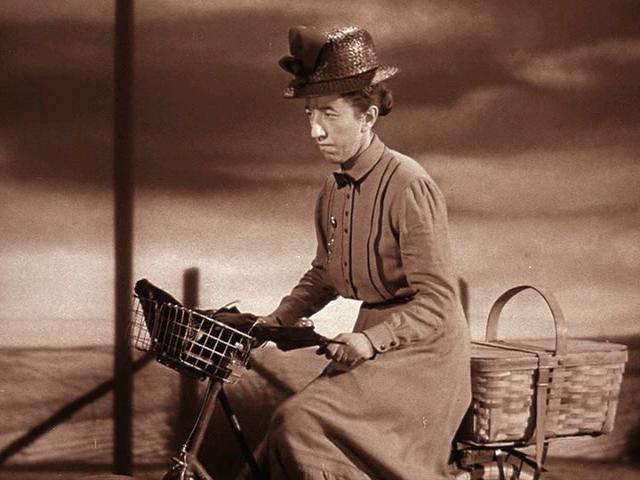
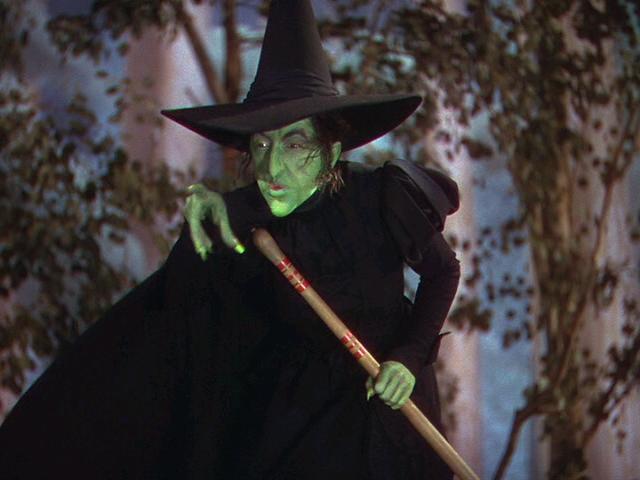
- “Terry” as the most famous dog in cinematic history: Toto
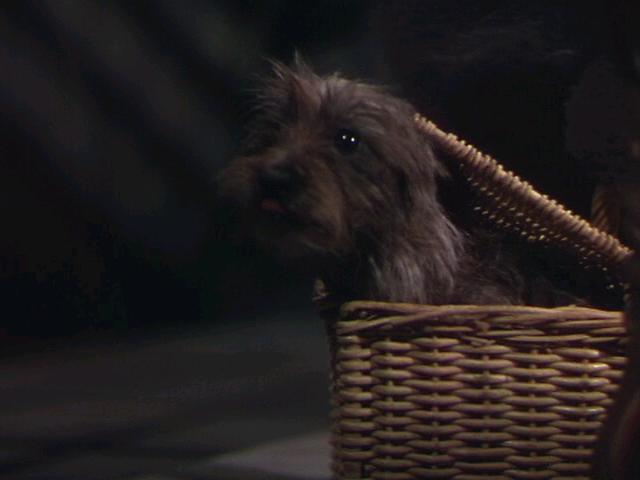
- Frank Morgan in a plethora of amusing roles
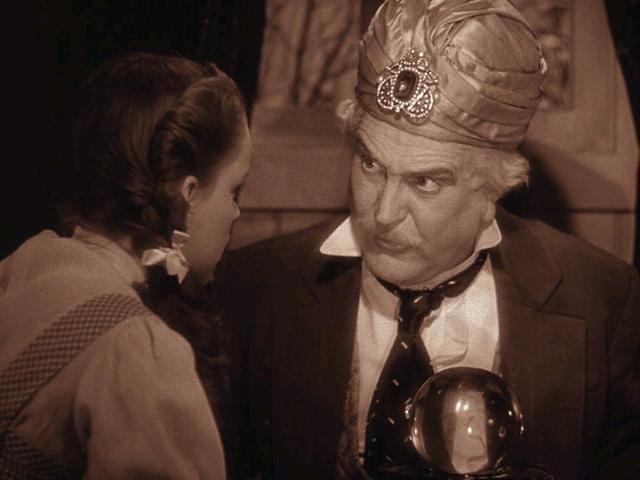
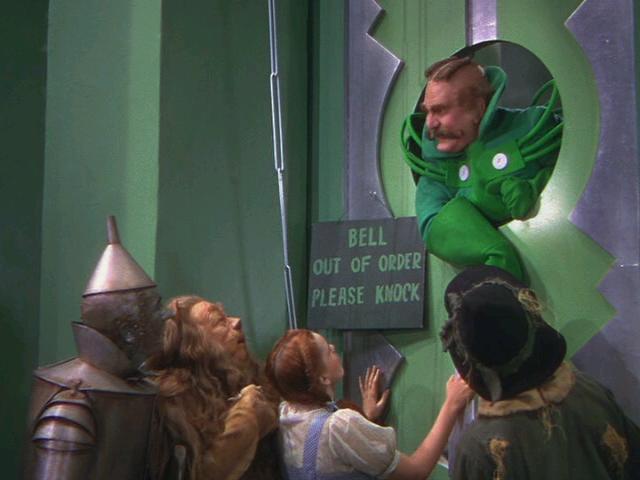
- Dorothy being reunited with Toto after he’s run away from Miss Gulch
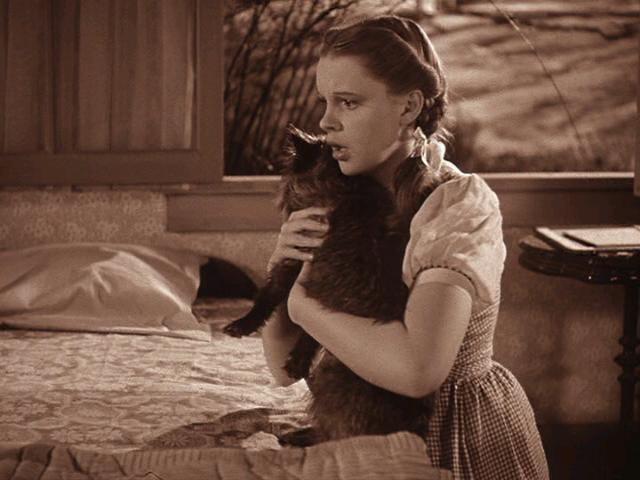
- The frightening tornado scene
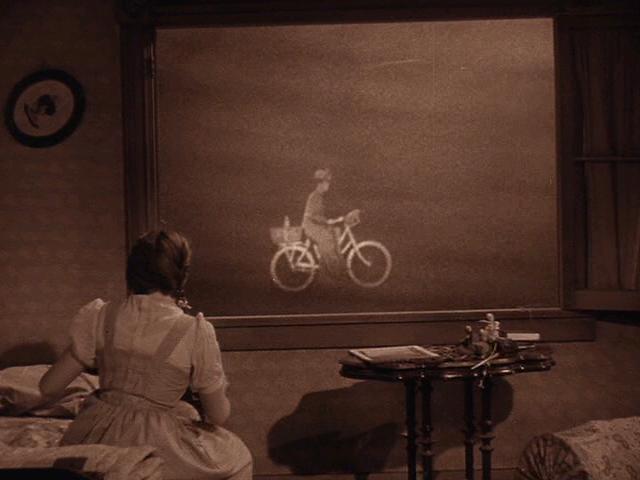
- The talking apple trees
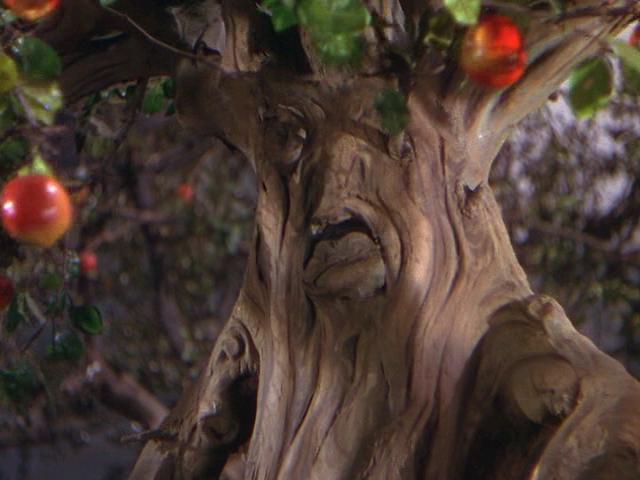
- Many genuinely scary moments in the witch’s castle
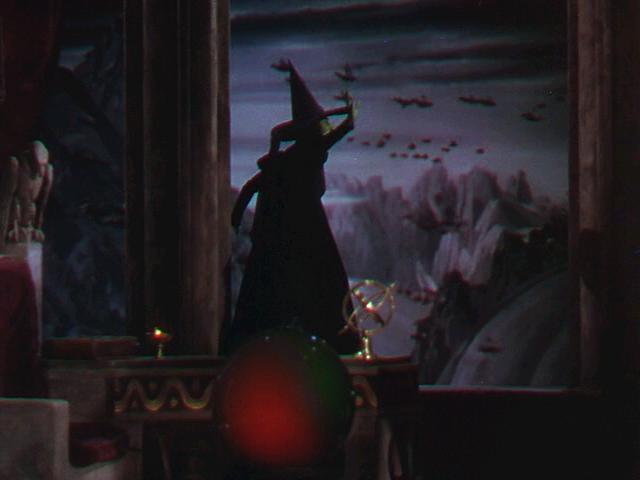
- Magical costumes and sets
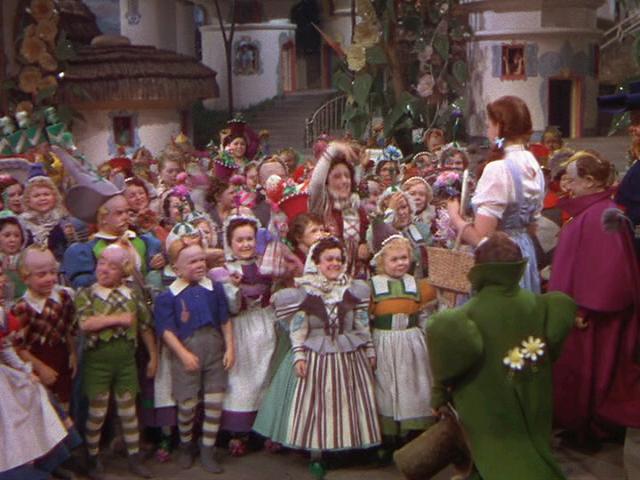
- The simple yet effective special effects

- Luminous technicolor cinematography
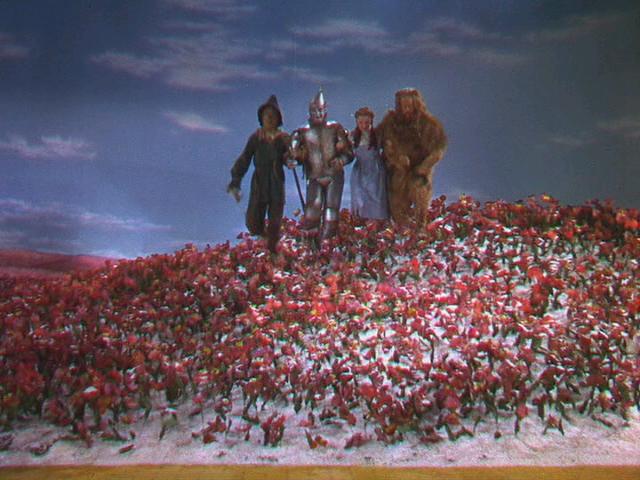
- Consistently clever lyrics:
“The wind began to swish / The house, to pitch / And suddenly the hinges started to unhitch / Just then the Witch / To satisfy an itch / Was flying on her broomstick, thumbing for a hitch / And oh, what happened then was rich!”
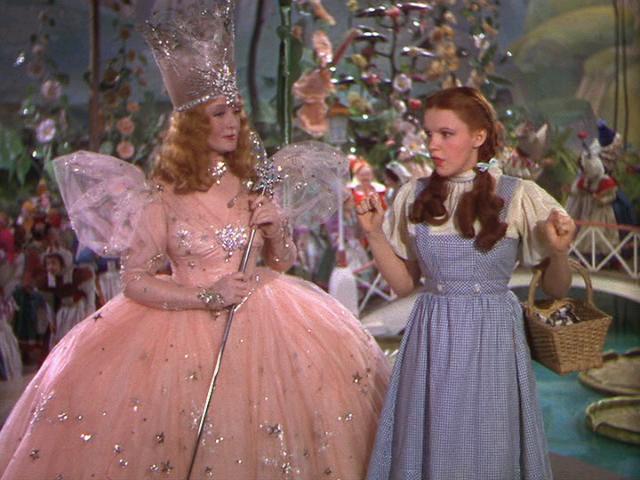
- The enjoyable musical score, including such favorites as “Over the Rainbow” (nearly cut), “Ding Dong the Witch is Dead”, “We’re Off to See the Wizard”, and many more
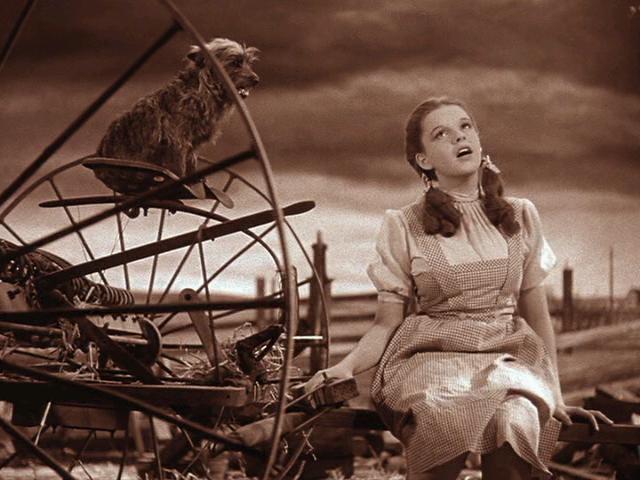
- Countless memorable, classic lines:
“Toto, I’ve [got] a feeling we’re not in Kansas anymore…”
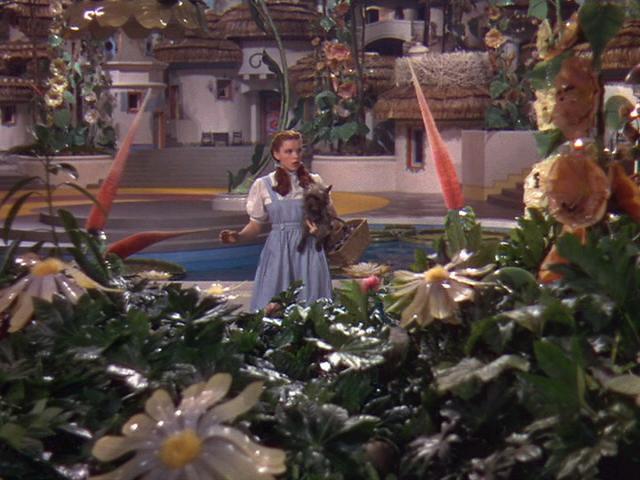
Must See?
Of course — multiple times. Peary awards it an Alternate Oscar as best picture of the year. Discussed at length in Peary’s Cult Movies (1981).
Categories
- Cult Movie
- Genuine Classic
- Oscar Winner or Nominee
(Listed in 1001 Movies You Must See Before You Die)
Links:
|
